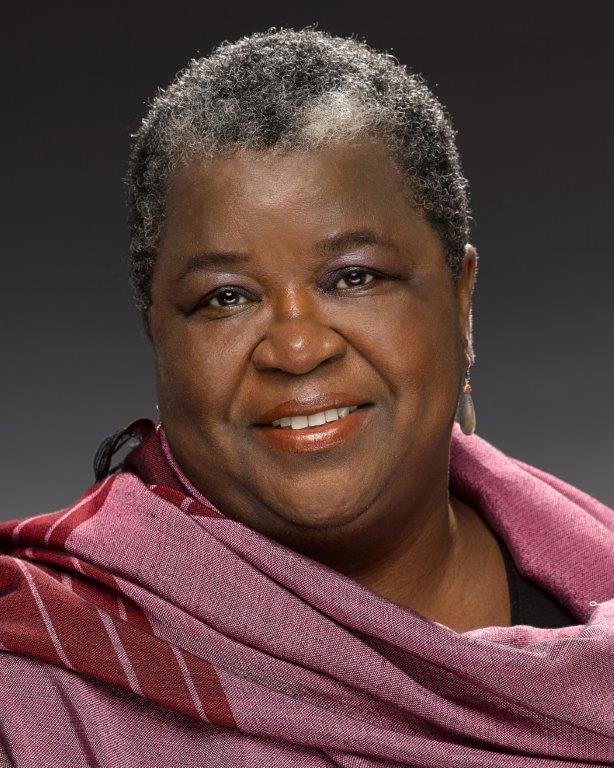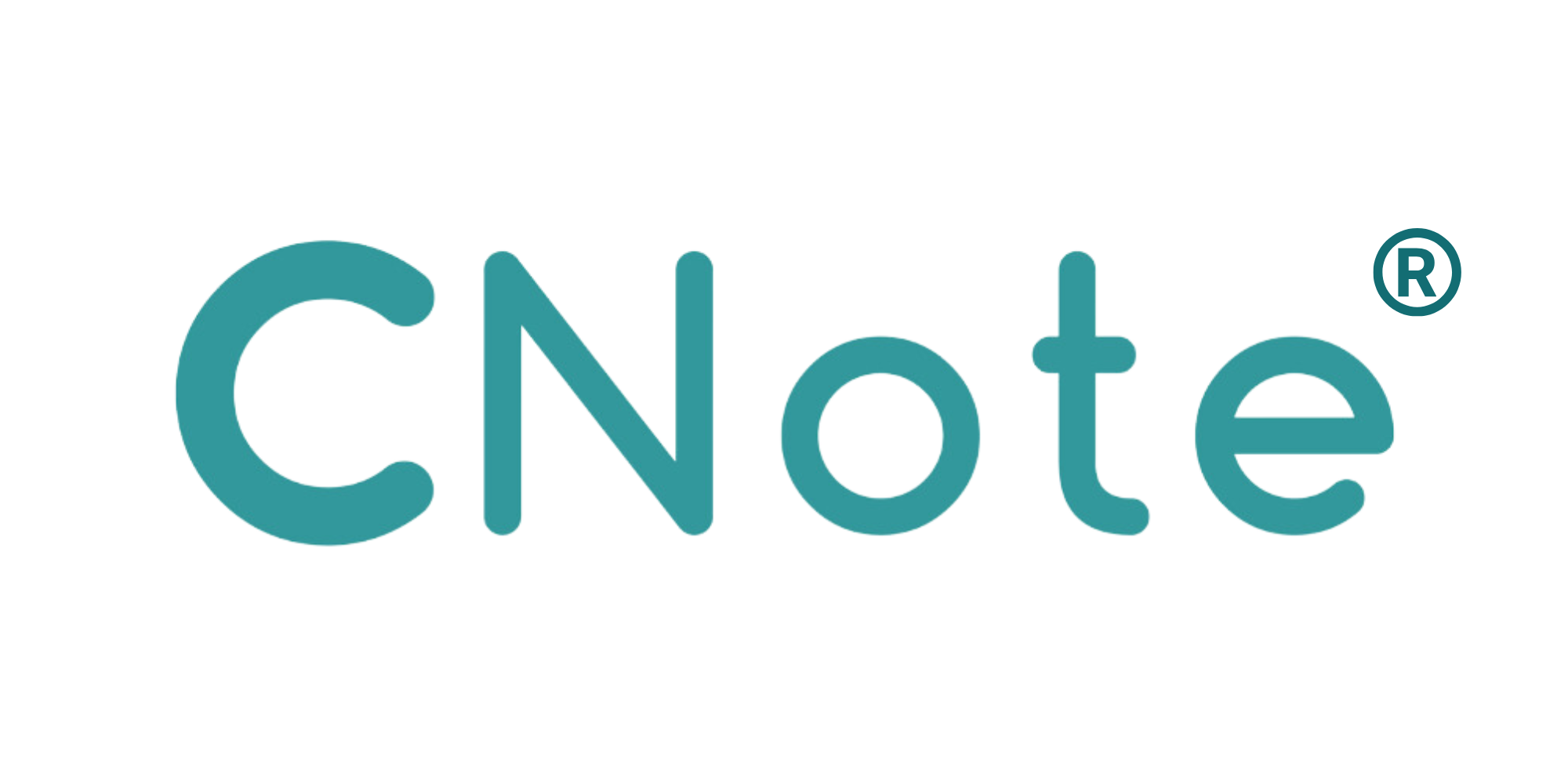Donna Gambrell’s journey into the world of Community Development Financial Institutions (CDFIs) was, as she puts it, “a crooked mile.” Donna studied journalism at Towson University, and upon graduation, she worked as a writer-editor. That eventually led her to the Federal Savings and Loan Insurance Corporation and Resolution Trust Corporation, where she worked for four years before taking a position at the Federal Deposit Insurance Corporation (FDIC). Donna spent more than 16 years at FDIC, where she oversaw the agency’s bank compliance, community and consumer affairs, and deposit insurance programs. In 2005, following the devastation of Hurricane Katrina, Donna traveled to the Gulf Coast with FDIC. It was during those two years living and working in Louisiana that Donna first encountered CDFIs. “My heart was captured,” she said. “I was so amazed by these organizations’ passion and their commitment to working in low-income communities. It was an amazing sight to see, and I thought ‘this is my life’s work. This is what I want to do.’”

In 2007, Donna returned to Washington D.C. and became the Department of the Treasury’s first Black woman appointed director of the CDFI Fund. During her six-year tenure, Donna oversaw significant growth at the fund, including a two-fold increase in the organization’s flagship program, which enabled CDFIs across the U.S. to provide additional and affordable capital, credit, and financial services to distressed communities nationwide. According to Donna, her time at the CDFI Fund was the pinnacle of her career, a sentiment fueled by the many, many chances she had to crisscross the country to visit CDFIs on the ground.
By the time Donna left the CDFI Fund in 2013, she was the longest-serving director in its history. After leaving government service, Donna became a consultant, which is how she met Appalachian Community Capital (ACC), an intermediary CDFI that raises and distributes capital to regional CDFI members that in turn make loans to small businesses. When the CEO position opened in 2017, Donna didn’t have to think long about whether or not she wanted to take the reins. She accepted the job, and for the past four years, she’s been leading the CDFI.
A CDFI For CDFIs
ACC was created in 2013 to increase small business lending in Appalachia by providing underserved communities in 420 counties — 107 of which are rural — with new sources of capital. While there are more than 1,200 individual CDFIs in the U.S., there are only a handful of intermediary CDFIs like ACC, which work broadly across geographic regions. According to Donna, one benefit of having an intermediary model is that ACC is able to forge relationships with external investors, including national banks, foundations, and corporations, that smaller CDFIs can’t access. That’s partly because, from an investor’s standpoint, partnering with ACC is easy and efficient. Instead of directly investing in a dozen-or-so individual CDFIs, an investor can funnel money through ACC, which will, in turn, distribute that capital to the appropriate CDFIs in the hardest-hit parts of the community. Another perk: one aggregated ACC report rather than different reports from each individual CDFI.
Today, ACC provides capital to 26 member CDFIs who are collectively focused on diversifying the economy, creating jobs, revitalizing communities, and developing small businesses in Appalachia. However, like all certified CDFIs, they provide more than lending: they offer wraparound services such as credit counseling classes, financial literacy training, and small business coaching. “That’s very different from a bank,” Donna said. “It’s a longer-term relationship, and it’s a much more engaged relationship. CDFIs really work with customers to make sure that the loan they’ve been provided is going to be workable and not put that customer in a deeper financial hole.”
Unsurprisingly, Donna uses the word “flexible” when describing CDFIs. Whether it’s their willingness to look at non-traditional credit criteria — for example, a person’s utility bill payments instead of their credit score — or their willingness to extend and/or modify loan terms, CDFIs repeatedly find ways to not just work with “unbankable” customers, but to help those traditionally marginalized customers to succeed. “There’s a myth in this country that if you’re poor, you’re unreliable,” Donna said. “If you’re poor, you have no sense of responsibility. You don’t pay your bills. We have found just the opposite. If people aren’t able to pay their loan, a CDFI is going work with them to find a workable solution to get that borrower back on their feet.”
It’s that level of trust — between CDFI lender and borrower — that’s a continuous source of wind in Donna’s sail. According to her, that trust is bolstered by ACC’s member CDFIs’ deep roots in the communities that they serve. “CDFIs know their communities,” she said. “They know the opportunities, they know the challenges, and in many cases, they’re living in the community where they’re working. There’s much more of a connectedness that you don’t often see with other types of institutions.”
In the coming years, Donna has big plans for ACC. The CDFI is in the process of doing an extensive research project to identify minority businesses in all 420 counties within its footprint to collect data and to better meet the needs of minority-owned businesses: an often forgotten demographic in an often ignored, assumed homogeneous, region. Additionally, ACC wants to grow its membership and its asset size, and Donna wants the CDFI to bring even more voices to the table that can help shape economic development in Appalachia. “We want to be the go-to organization in the region,” she said. “It’s nice to survive, but we want to thrive as CDFIs in Appalachia. We play an important role in this economy, but also in the growth of the region itself and the companies that do business here.”
Stronger Together
Instrumental to ACC’s impact has been Donna’s involvement with the African American Alliance of CDFI CEOs (the Alliance), a coalition that Donna co-founded in 2018 to strengthen Black-led CDFIs’ fiscal and impact capacity in communities across the U.S. by fostering and facilitating knowledge-sharing and expertise among group members. Donna says that the group’s formation was in direct response to the Hope Policy Institute’s research findings that there’s a $6-to-$1 disparity between white and minority-led CDFIs. While many felt that, anecdotally, that asset gap existed for decades, the data served to bring 20 Black-led CDFI CEOs to the first meeting of the proto-organization in 2018. Three years later, AAA of CDFI CEOs has 56 members — including Black CEOs from CDFI loan funds, credit unions, and venture capital funds — that represent a physical presence in roughly 30 states and provide services in all 50 states.
Donna says that the Alliance has no plans of slowing its growth anytime soon, and the organization is continuing to expand its membership. As part of that growth, the nonprofit is working to build its organizational infrastructure, including hiring staff and building capacity. With that strong institutional foundation, Donna hopes the organization will be better supported internally to build long-term, multi-year partnerships with external funders in different industries. Additionally, Donna says that the Alliance wants to pursue CDFI certification so that it can serve as an intermediary CDFI and make loans to its members, much as ACC does. In parallel, the pioneering nonprofit continues to make its presence known in the public policy arena, and Donna and her peers are intent on being influential in creating and implementing policy recommendations that would benefit the communities that its member CDFIs serve.
As the Alliance, including Donna in her role at ACC, continues to work to close the wealth gap in both the U.S. and the CDFI industry, Donna is as excited as ever about the role that CDFIs have to play in our country’s future. “Everybody wants to have a roof over their head, food on their table, a healthy neighborhood, and affordable health care: that is all part of the American dream,” she said. “With CDFIs, that dream is played out in real-time. They take someone’s deferred dreams and make them a reality.”
Learn More
- Appalachian Community Capital: In 2013, the Appalachian Regional Commission and its partners committed to establishing Appalachian Community Capital (ACC) to significantly increase business lending in the region by pooling capital needs, attracting investors at a larger scale, and providing a simplified vehicle for impact investors that reduces transaction costs.
- The African American Alliance of CDFI CEOs is the only organization leveraging African American CDFI CEOs’ decades of expertise, relationships, and intellectual capital to change the odds and the outcomes for African Americans in underserved communities across America.
- CNote is a women-led impact investment platform that uses technology to unlock diversified and proven community investments to generate economic mobility and financial inclusion.


